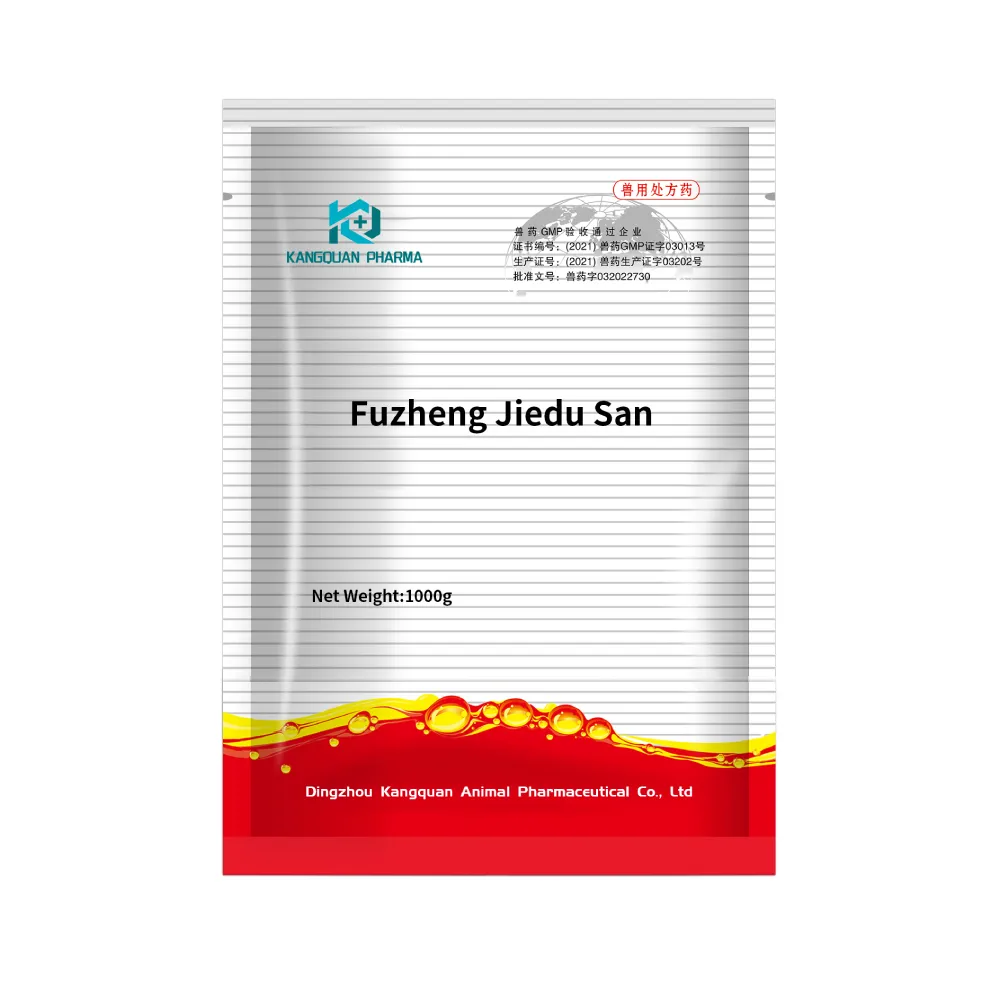- Afrikaans
- Albanian
- Amharic
- Arabic
- Armenian
- Azerbaijani
- Basque
- Belarusian
- Bengali
- Bosnian
- Bulgarian
- Catalan
- Cebuano
- Corsican
- Croatian
- Czech
- Danish
- Dutch
- English
- Esperanto
- Estonian
- Finnish
- French
- Frisian
- Galician
- Georgian
- German
- Greek
- Gujarati
- Haitian Creole
- hausa
- hawaiian
- Hebrew
- Hindi
- Miao
- Hungarian
- Icelandic
- igbo
- Indonesian
- irish
- Italian
- Japanese
- Javanese
- Kannada
- kazakh
- Khmer
- Rwandese
- Korean
- Kurdish
- Kyrgyz
- Lao
- Latin
- Latvian
- Lithuanian
- Luxembourgish
- Macedonian
- Malgashi
- Malay
- Malayalam
- Maltese
- Maori
- Marathi
- Mongolian
- Myanmar
- Nepali
- Norwegian
- Norwegian
- Occitan
- Pashto
- Persian
- Polish
- Portuguese
- Punjabi
- Romanian
- Russian
- Samoan
- Scottish Gaelic
- Serbian
- Sesotho
- Shona
- Sindhi
- Sinhala
- Slovak
- Slovenian
- Somali
- Spanish
- Sundanese
- Swahili
- Swedish
- Tagalog
- Tajik
- Tamil
- Tatar
- Telugu
- Thai
- Turkish
- Turkmen
- Ukrainian
- Urdu
- Uighur
- Uzbek
- Vietnamese
- Welsh
- Bantu
- Yiddish
- Yoruba
- Zulu
Nov . 07, 2024 21:04 Back to list
Combination Therapy of Albendazole and Ivermectin for Effective Treatment of Parasitic Infections
The Therapeutic Potential of Albendazole and Ivermectin Suspension in Treating Parasitic Infections
Introduction
Parasitic infections continue to pose significant public health challenges worldwide, particularly in tropical and subtropical regions. Among the various pathogens responsible for these infections, helminths (worms) and ectoparasites are the most prevalent. To combat these parasites effectively, the medical community has turned to a combination of antiparasitic medications. Two such drugs that have gained attention are albendazole and ivermectin, which, when formulated in suspension, offer a versatile and effective treatment option for a variety of parasitic infections.
Mechanism of Action
Albendazole is a broad-spectrum anthelmintic agent that works primarily by inhibiting the polymerization of tubulin, disrupting microtubule formation in the parasites. This interference with cellular processes leads to decreased energy production, ultimately causing the death of the helminths. It is particularly effective against several gastrointestinal nematodes, cestodes, and some tissue-dwelling parasites.
On the other hand, ivermectin is an antiparasitic medication that belongs to the class of avermectins. Ivermectin works by binding to glutamate-gated chloride channels, which are found in invertebrate nerve and muscle cells. This binding causes an influx of chloride ions, leading to paralysis and death of the parasites. Ivermectin is particularly effective against a range of parasites, including filarial worms and ectoparasites such as lice and scabies.
Indications for Use
The combination of albendazole and ivermectin in suspension form is especially beneficial for treating mixed parasitic infections. For instance, in areas plagued by both soil-transmitted helminthiases and onchocerciasis, such a formulation allows for effective management of multiple infections in a single treatment course. Suspensions are particularly advantageous in pediatric populations and individuals with difficulties swallowing tablets, ensuring that they receive the necessary medication without added stress.
albendazole and ivermectin suspension

Clinical Applications
Research has shown that the combination of albendazole and ivermectin can significantly improve cure rates in patients with co-infections. In clinical studies focusing on conditions such as lymphatic filariasis, the dual therapy approach has demonstrated not only to enhance the efficacy of treatment but also to reduce the risk of drug resistance developing among parasites.
Moreover, in settings where drug-resistant strains of parasites are prevalent, the use of a combination therapy like albendazole and ivermectin becomes critical. This synergistic effect boosts the overall antiparasitic activity, making it harder for the parasites to survive and reproduce. Additionally, it helps in reducing the burden of disease in endemic regions, ultimately leading to improved community health outcomes.
Safety and Tolerability
Both albendazole and ivermectin generally exhibit favorable safety profiles. Most side effects are mild and transient, including nausea, vomiting, and dizziness. However, it is essential to consider the contraindications and potential interactions with other medications, particularly in vulnerable populations such as those with underlying health conditions or pregnant women.
The suspension formulation also allows for easier dose adjustments, which can be tailored according to patient needs, thereby enhancing safety and efficacy. Monitoring patients after administration can help ensure that any adverse effects are quickly managed.
Conclusion
In summary, the combination of albendazole and ivermectin in suspension form represents a powerful tool in the fight against parasitic infections. Its application extends beyond single infections, providing a broader spectrum of activity crucial for managing co-infections that threaten public health. As the global burden of parasitic diseases continues to evolve, the integration of effective combination therapies like albendazole and ivermectin into treatment protocols offers the promise of better health outcomes, especially for populations in endemic areas. Continued research and clinical trials will further elucidate the benefits and optimal uses of this potent combination, ensuring it remains a cornerstone in the management of parasitic infections worldwide.
-
Guide to Oxytetracycline Injection
NewsMar.27,2025
-
Guide to Colistin Sulphate
NewsMar.27,2025
-
Gentamicin Sulfate: Uses, Price, And Key Information
NewsMar.27,2025
-
Enrofloxacin Injection: Uses, Price, And Supplier Information
NewsMar.27,2025
-
Dexamethasone Sodium Phosphate Injection: Uses, Price, And Key Information
NewsMar.27,2025
-
Albendazole Tablet: Uses, Dosage, Cost, And Key Information
NewsMar.27,2025













